Overview of the TCRT5000 IR Reflective Sensor Photoelectric Switch
The TCRT5000 IR Reflective Sensor Photoelectric Switch is a compact, high-sensitivity infrared reflective sensor designed for short-range object detection, line following, rotary encoder sensing, and proximity sensing in robotics and automation. The integrated IR LED and phototransistor allow reliable detection of reflected infrared light from nearby surfaces.
How the TCRT5000 Works
This IR reflective sensor operates by emitting infrared light from the built-in IR LED. When IR light reflects off an object or surface, the phototransistor receives the reflected light and produces an analog output. The output can be read directly by a microcontroller ADC, or converted to a digital signal using a comparator or simple threshold circuit.
Key Features
- Compact 4-pin housing for easy PCB or chassis mounting
- Built-in IR LED and phototransistor for a complete reflective sensing package
- Short-range detection, typically up to 15 mm depending on surface color and reflectivity
- Detects differences in surface contrast such as black and white for line-following robots
- Low power consumption suitable for battery-powered projects
- High sensitivity and stable performance for robotics and automation
Specifications
- Sensor Type: IR reflective photoelectric sensor
- Model: TCRT5000
- Detection Distance: Typically up to 15 mm (depends on surface reflectivity)
- Output: Phototransistor analog output
- Wavelength: IR LED ~950 nm
- Package: 4-pin compact housing
Typical Applications
- Line-following robots and autonomous vehicles
- Object detection and obstacle sensing
- Rotary encoder sensors and wheel edge detection
- Proximity sensing in automation and conveyor systems
- DIY electronics, educational kits, and robotics competitions
Wiring, Interfacing, and Example Circuits
- Pinout: typically GND, VCC, emitter (IR LED) with series resistor, and phototransistor output. Check supplier datasheet for exact pin numbering.
- IR LED: use a suitable current-limiting resistor. For a 5 V supply and a LED forward voltage around 1.2 V, a resistor in the 100 to 220 ohm range is common depending on desired LED current.
- Phototransistor output: pull-up resistor to VCC if reading as digital, or measure directly with an ADC for analog response. Common pull-up values range from 4.7k to 100k depending on response speed.
- Digital detection: use an op amp or comparator to convert the analog phototransistor signal into a clean digital output for microcontrollers.
Mounting Tips and Best Practices
- Position the sensor close to the target surface for reliable detection; performance varies with distance and surface reflectivity.
- Use shielding or a small tube around the IR emitter and detector to reduce ambient light interference.
- Calibrate detection thresholds in software to compensate for varying surface colors and ambient lighting.
- For line following, test with the actual track materials to set appropriate thresholds and mounting height.
Troubleshooting
- No output: verify power, polarity, and series resistor on the IR LED; confirm phototransistor wiring and pull-up resistor.
- Weak or inconsistent response: reduce distance to target, add shielding from ambient light, or increase LED drive current within safe limits.
- False triggers: increase hysteresis in comparator circuits or apply software debouncing and averaging.
Why Choose the TCRT5000 for Your Project
The TCRT5000 IR Reflective Sensor is an affordable, compact, and reliable choice for hobbyists, students, and engineers. Its combination of an integrated IR LED and phototransistor, low power use, and simple interfacing make it an excellent option for line-following robots, proximity detectors, rotary encoders, and other embedded sensing tasks.
Note: Images are for illustration purposes only. Check the supplier datasheet for precise mechanical dimensions and pinout details.

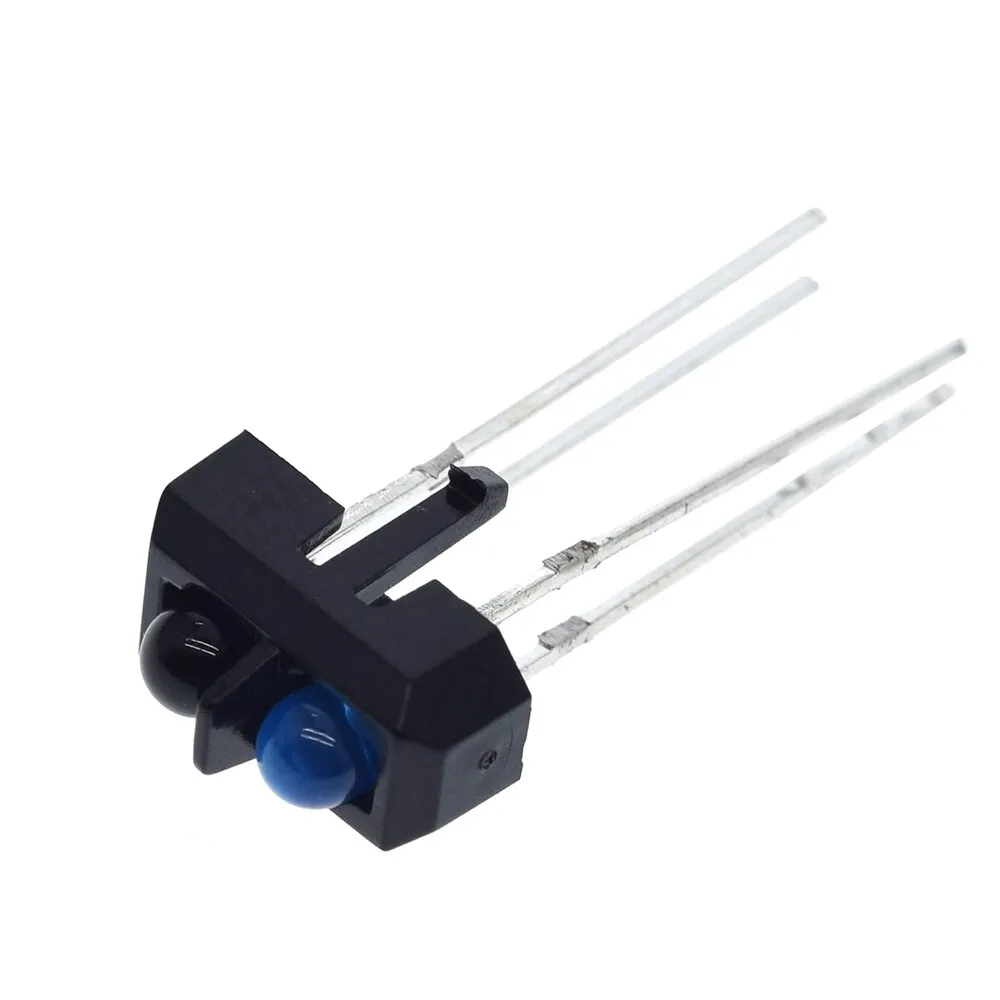
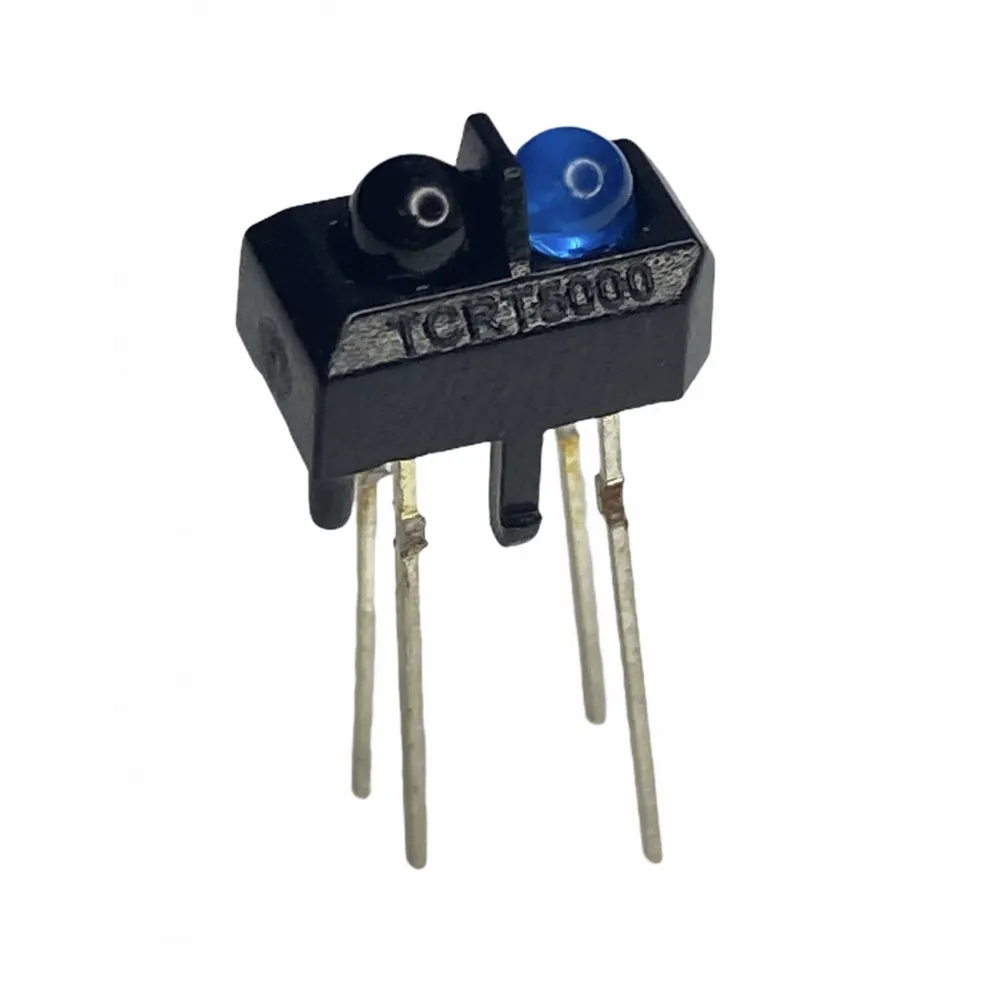
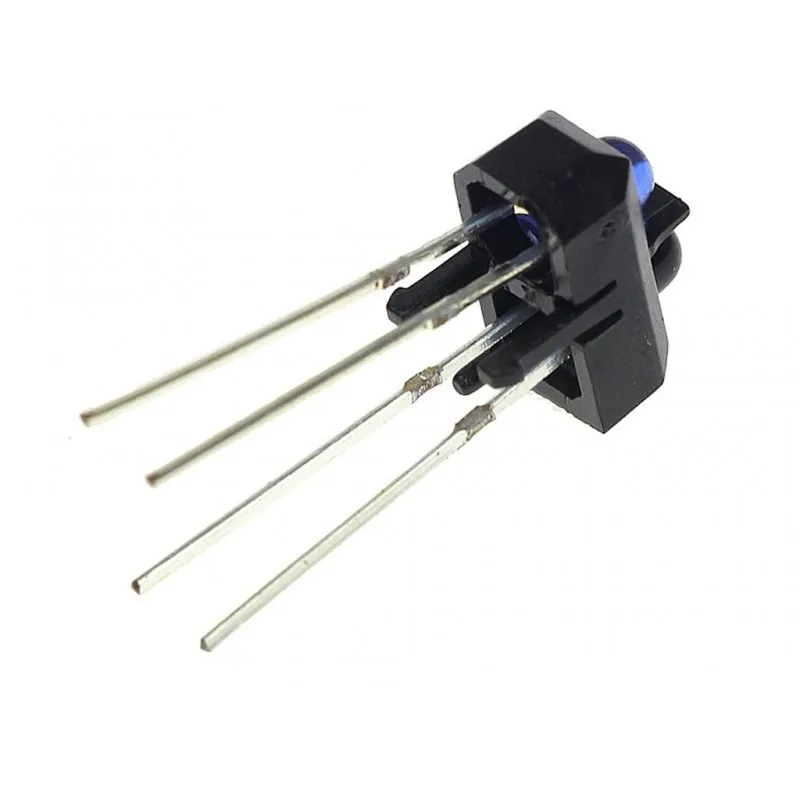


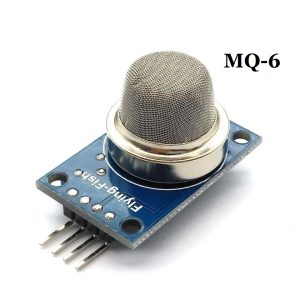

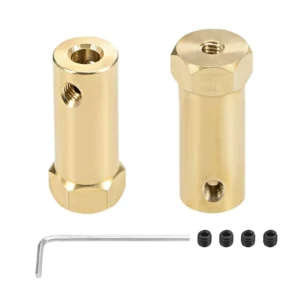
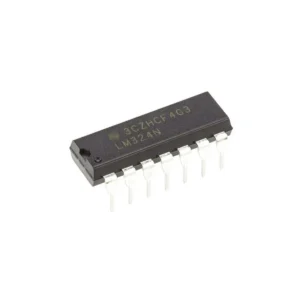
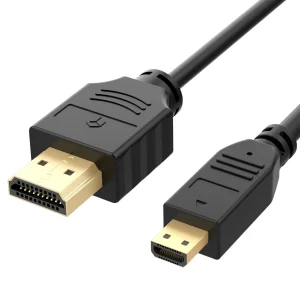
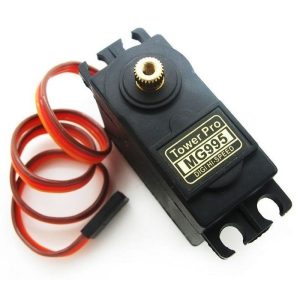
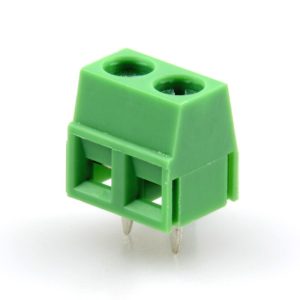
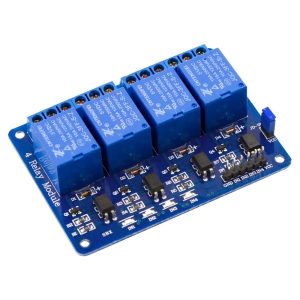
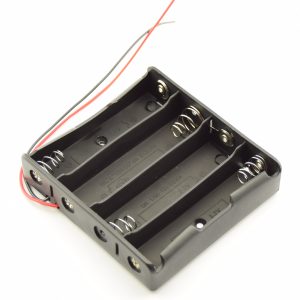

Reviews
There are no reviews yet